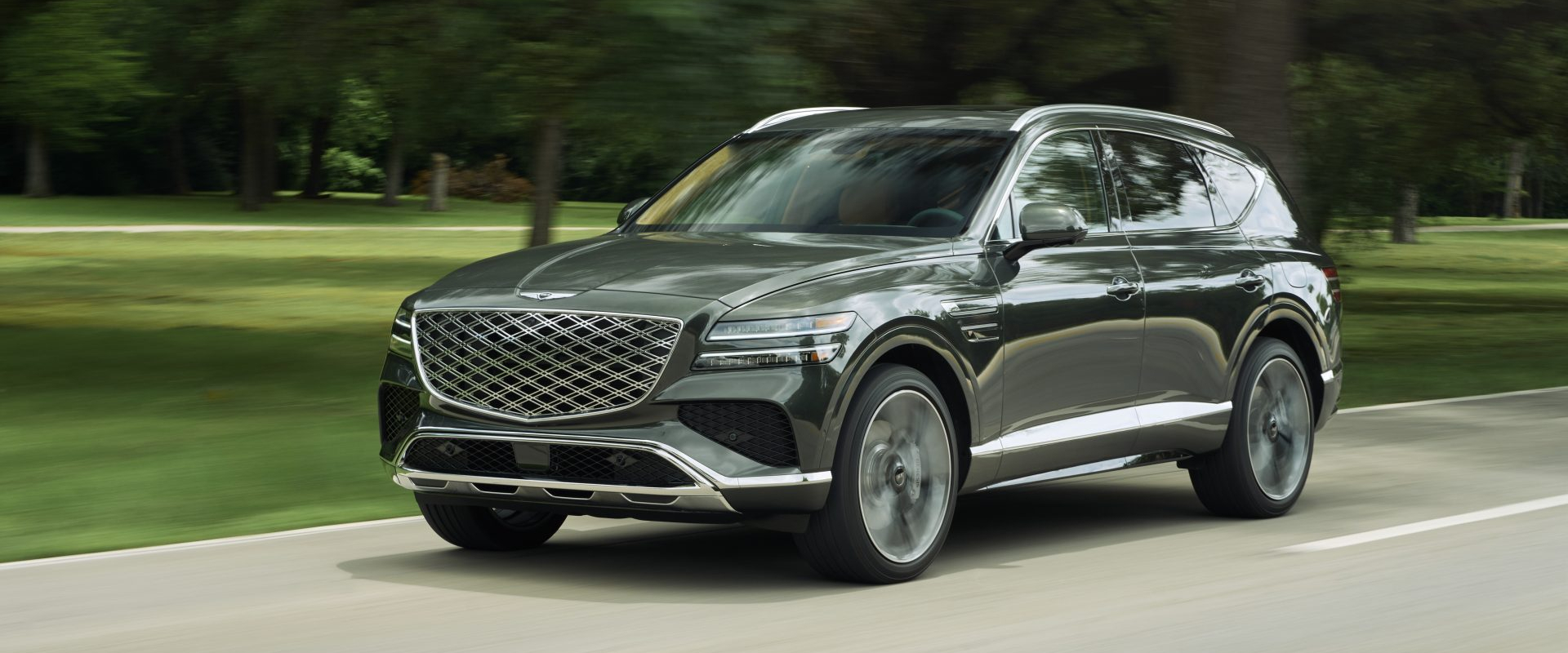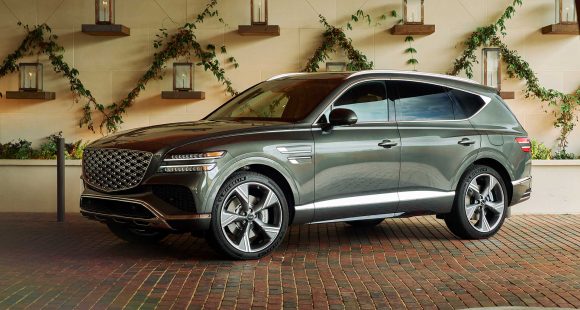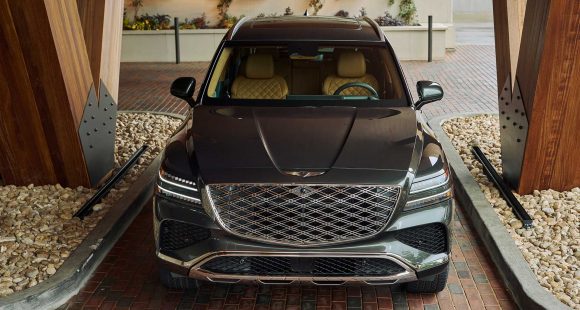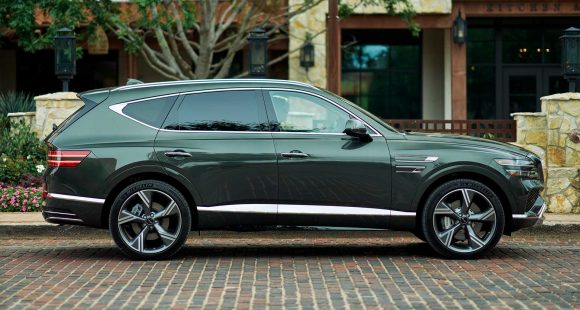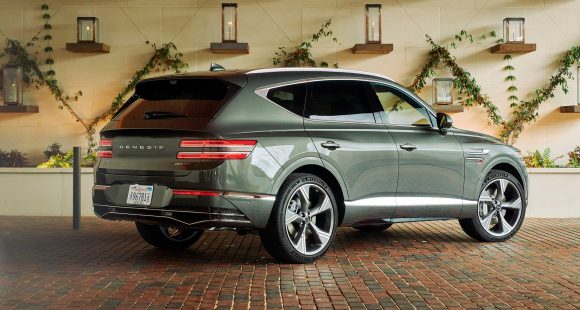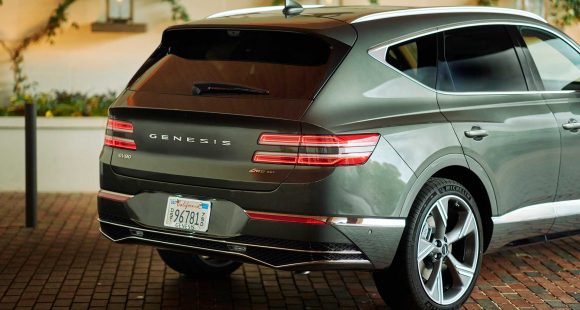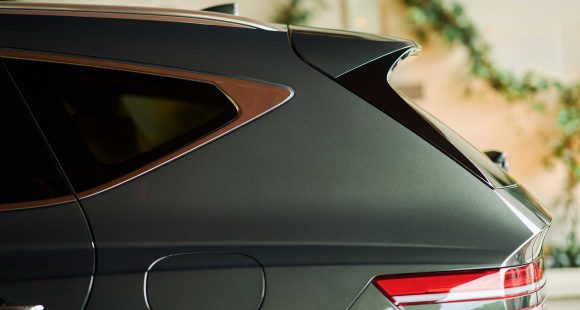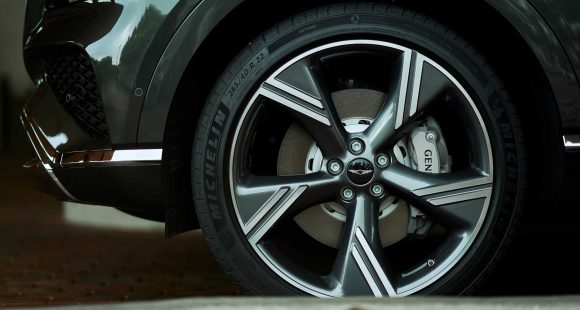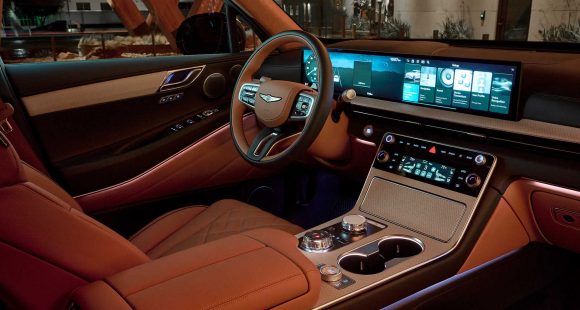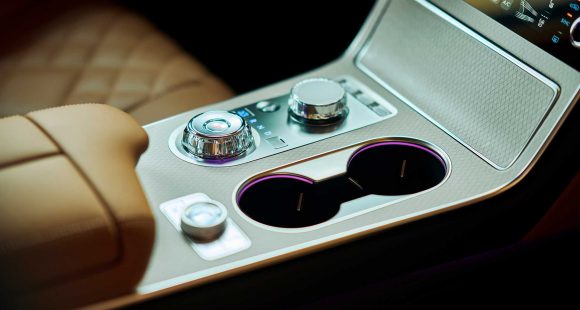2025 Genesis GV80
Genesis Does It Again Only Better
The Genesis GV80 arrived on the scene for 2021 as the brand’s first utility vehicle, and it’s gotten a few subtle updates since, but none as comprehensive as what’s in store for 2025. So, let’s find out if the value proposition remains as high as its indulgence factor.
When Hyundai launched their new luxury sub-brand Genesis, few people questioned that it would be successful, as both Hyundai’s recent track record and their big R&D budget would both be key ingredients to ensuring it had staying power. But many people did question how long they’d be able to offer such a high level of extravagance for such a relatively low price compared to the traditional European luxury brands they were taking aim at, surely that would have to level out at some point.
Well, 2025 is not that time just yet, as this updated Genesis GV80 utility seems to deliver more boujee bang for your boutique bucks than ever. We’ll start by taking the wraps off the GV80’s recent facelift. Up front, the Crest grille gets a new twin-line motif to better match the 2-line headlamps which appear even slimmer looking thanks to the Micro Lens Array technology.
Bigger changes take place inside with a whole new dash design that incorporates the multimedia and driver information into one 27-inch-wide OLED display. Materials throughout the cabin get an upgrade too, and the center console has been revised with the upper control panel gaining volume and tuning knobs for the radio. They’ve even updated their crystal-like gear selector and other controls for more substantial feel and function, while also making the cupholders bigger and wireless phone charging easier to access.
Five-passenger capacity is the standard arrangement in four-cylinder GV80s, with a small two-place third row standard with the V6s, though our top Prestige trim does without the third row. As in most midsize utilities, that space is better used for cargo than passengers anyway; 36.5 cubic-ft. behind the second row, and 71.7 with seatbacks folded.
That base four-cylinder engine is a 300-horsepower 2.5-liter turbo; the upgrade is this 3.5-liter twin-turbo V6 which delivers 375 horsepower and 391 lb-ft of torque. Both have the same output as last year and both come equipped with an eight-speed automatic transmission; all-wheel drive is now standard in all GV80s. Maximum towing capacity remains 6,000-lbs.
At our test track, this twin-turbo was pulling us off the line so smoothly, it was hard to believe we were hitting 60 in just 5.6 seconds. Power poured on steadily throughout the 13.9-second quarter-mile which we finished at 102 mph.
Through the handling course, body roll was very evident, just as we noted in our original GV80 test back in 2021; but even with the very soft suspension, overall balance is quite good, and all-wheel-drive grip is plentiful, as it could be hustled through the cones quite spiritedly without excessive understeer or even stability control intervention. Nothing but smooth in our panic braking test too, as stops averaged a quite short 103-feet from 60 with the expected amount of nosedive and even a decent amount of feel through the brake pedal.
And just to further stake their claim in the modern luxury utility landscape, arriving with this updated ’25 GV80 is a sleek coupe version with sloped-roof style and a unique 3.5-liter turbo engine with an electronically driven supercharger.
A final change of note for ’25 is an expanded trim structure, making for many more available choices, starting with the 2.5T Standard at $59,050; 3.5Ts are available in Advanced and Prestige trim only starting at $75,150.
Just because it costs significantly less than its European luxury brand rivals, don’t think for a minute you’ll be getting anything less with the 2025 Genesis GV80. For when it comes to delivering a lavish driving experience that won’t direct you to the poor house, it looks like Genesis is just getting started.
Specifications
As Tested
- Engine: 3.5-liter twin-turbo V6
- Transmission: 8-speed automatic
- Horsepower: 375
- Torque: 391 lb-ft
- 0-60 mph: 5.6 seconds
- 1/4 Mile: 13.9 seconds at 102 mph
- Braking, 60-0 (avg): 103 feet
- EPA: 16 City | 22 Highway | 19 Combined




